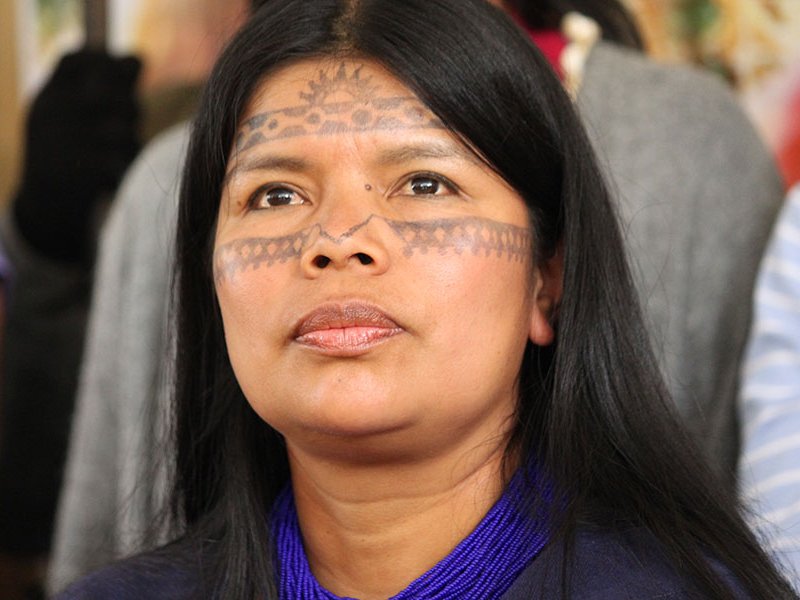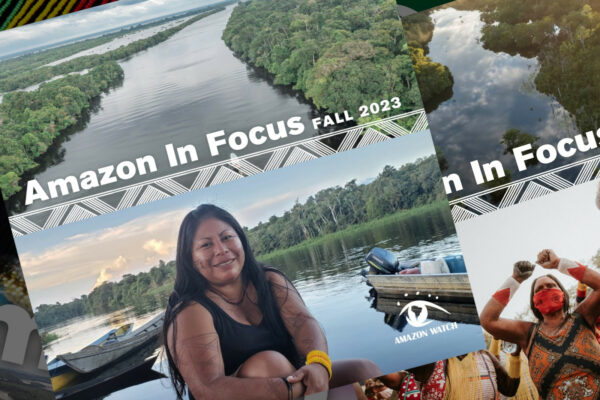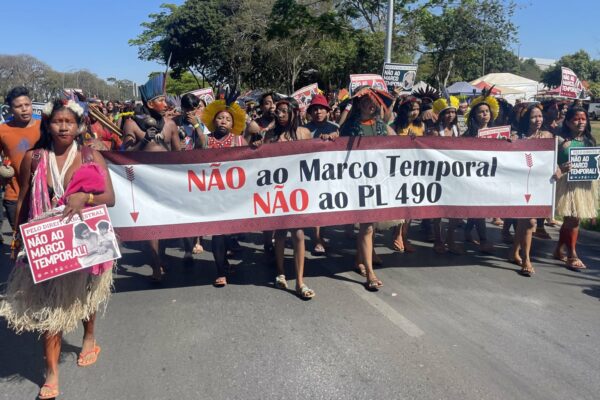
Governments have agreed to draw up national plans to protect the rights of indigenous groups in their countries as part of a hard-fought agreement during a two-day conference in New York.
The agreement document was adopted on Monday at the first UN World Conference on Indigenous Peoples, held to focus attention on the patchy implementation of the UN Declaration on the Rights of Indigenous Peoples, adopted in 2007.
At the conference, attended by more than 1,000 delegates, leaders reaffirmed their commitment to uphold the UN declaration. Although no great strides were taken to advance the contents of the declaration, the agreement was considered a strong outcome.
The conference has been criticised for not inviting more indigenous groups to the discussion table, and the UN said it was investigating claims that some delegates from Russia and Asia were denied visas to the conference or had their visas delayed.
The outcome document said governments pledged to consult, cooperate and obtain the consent of indigenous groups before any projects that could affect their lands or resources are agreed. They also committed to empower indigenous groups, improve access to appropriate education, health and socio-economic programmes and to make a priority the elimination of violence against indigenous groups, particularly against women.
It also called on the UN secretary general, Ban Ki-moon, to appoint a high-level official to consult with indigenous groups and support member states to implement the agreement.
Ivan Šimonović, UN assistant secretary general for human rights, said the outcome document called for celebration and action. “We celebrate the focus on rights of indigenous people being more recognised today than they were in the past, but [it’s] also a call to action to do even more to promote and protect these rights to implementation,” he said.
“Indigenous peoples are too often affected by poverty and discrimination, they are more often in prison than in universities, child mortality rates are higher and life expectancy lower. They pollute less but their livelihoods are more affected by climate change … these trends must be reversed, and can be achieved only if governments work in partnership with indigenous peoples.”
He said he sincerely hoped that governments will follow up on their commitments to create action plans and stressed the important role indigenous groups had to remind their leaders of their promises.
Aili Keskitalo, president of the Sami parliament in Norway, which represents people of Sami heritage, called the staging of the conference a historic moment. She said the outcome document was “action-orientated”, containing concrete commitments to implement the UN declaration. She welcomed the move within the UN human rights council to create a new mechanism to monitor, evaluate and improve member states implementation of the document.
“It has been a long journey for all of us,” she said.
But Patricia Gualinga, from the Sarayaku community in the Ecuador Amazon, who travelled to the conference with Amazon Watch, was more sceptical about what the new document would bring. She doubted the promises would lead to any sudden fundamental change, although it would provide another small weapon to push governments to action.
“Until now what I have seen and heard is that all presidents have beautiful discourses, but where I come from it just stays on paper and in discourses and not in application.
“I don’t think the conference will make major changes, but indigenous peoples can use the conference to show the international commitment … for us it will be a small contribution for advocacy at local level … so when the government commits violations of our rights then we can use this document. In that case, it will be useful.”
She said a major sticking point for governments implementing the UN declaration was the clause to obtain prior consent from indigenous groups before projects are given the green light.
Gualinga said in 2012 the Inter-American Commission on Human Rights delivered a historic ruling to prevent an oil company from drilling on their land because the government had failed to get the community’s consent. But it was a long process. The court action began in 2003. Next week, the government is due to issue a formal apology to indigenous communities for their actions.
“They [the government] talk about consultation but don’t go beyond that,” Gualinga said. “Often they justify resource extraction to say this is to reduce poverty, but we don’t believe that.”
According to the Inter-Parliamentary Union, indigenous people make up 5% of the global population, but represent 15% of the most disadvantaged groups. They account for one-third of the 1 billion people living in extreme poverty and experience regular discrimination, forced evictions from their land and loss of identity.
Ahead of the event, Olvy Octavianita Tumbelaka, from the Dayak Benuaq community and a member of the Indigenous People’s Alliance of the Archipelago, in Indonesia, said palm oil plantations and extractive industries had led to the erosion of local practices traditionally carried out by women in her communities.
“Dayak indigenous women associate themselves with the forest, land, and river. So when we lose access to those three, we are missing the vital part of survival. Women’s knowledge about food and medicinal plants has been undermined. Many used to work in the fields but with the land-clearing and land-diversion into palm oil plantation and extractive industries, many settlers and temporary workers, mostly men, come to indigenous lands.
“The land that used to feed indigenous women is gone … The work that they used to do has no value and they have no place. The traditional medicine that used to be widely available has vanished. Modern medicines are costly and not easily available from their locations. This affects the health quality of indigenous people.”













